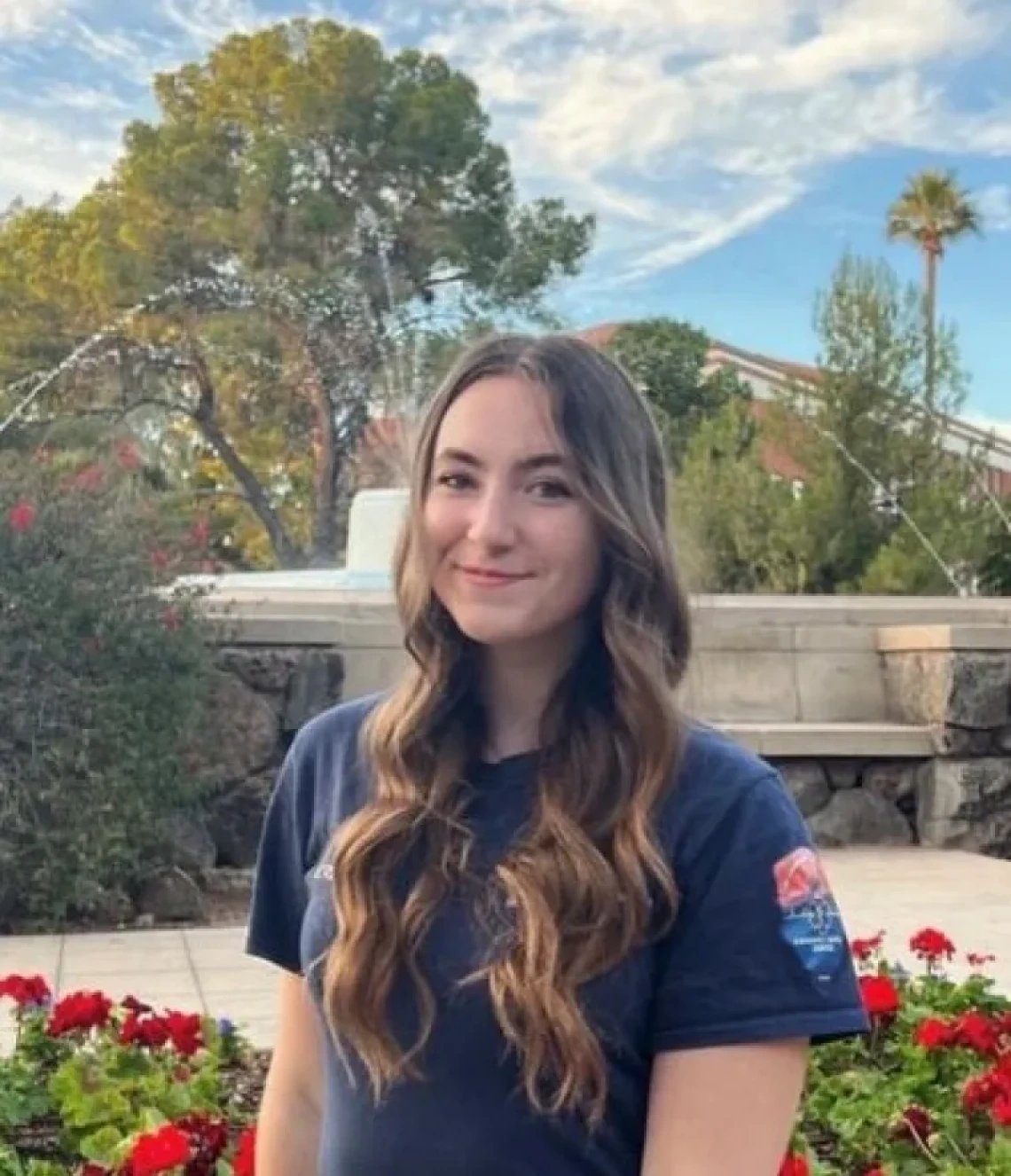The CACTI Blog: Increasing Access to Recreational Programs for Children with I/DD

By Ella Randolph, 2023-2024 Undergraduate Certificate in Developmental Disabilities
During the spring 2024 semester, I had the pleasure of volunteering for the Children’s Clinics in Tucson. First, I volunteered in their adaptive music program, called Mr. Nature’s Interactive Music Hour, and then in their adaptive soccer program. These programs were designed to increase access to fun recreational opportunities for children with disabilities1. These programs each met once a week for seven weeks. Both programs consisted of two groups, one for younger children and one for older children. Before the program, participants’ families were encouraged to communicate to the Children’s Clinics any of their children’s needs in order to pair children with a volunteer able to help them succeed and enjoy their experience. In the adaptive music program, participants were able to engage in music and mindfulness through singing, dancing, and songwriting. In the adaptive soccer program, participants engaged in drills and games to learn new skills and have fun.
Programs like these are crucial for the disability community. Historically, individuals with disabilities have had a decreased likelihood to engage in recreational activities, such as playing sports or engaging in arts-related activities. This is commonly due to barriers such as lack of accessible or inclusive programs and the community having limited awareness and education about disabilities, leading to stigmas and stereotypes surrounding disability. These barriers often exist for the disabled population due to organization of the environment that is limiting for individuals with impairments, explained in the social model of disability. This model demonstrates that disability is caused by systemic barriers in society that often limit and exclude people with impairments. This conveys the importance of creating programs that can overcome some of these barriers and meet individual needs for people with disabilities through accessible accommodations.
It is good to advocate for children with disabilities to be able to engage in recreational activities with nondisabled children, as it can lead to social skill development, a diverse learning environment, and a space of inclusion for children with disabilities amongst their nondisabled peers. However, in this environment, children with disabilities may still face difficulties in having their individual needs met or finding appropriate accommodations, and may face exclusion due to preconceived notions about what disability looks like. Benefits to adaptive recreational activities tailored towards individuals within the disability community include availability of individualized supports and access to qualified instructors. Additionally, this can create comfortable and safe space for participants to engage in, which can aid in improved physical and mental health and well-being, empowerment, inclusion and acceptance amongst peers, development of new skills, an increased sense of belonging, and fostering the continuity of healthy lifestyle habits.
Volunteering for the adaptive recreation programs through the Children’s Clinics was an extraordinarily rewarding and impactful experience. In the adaptive music program, one of my buddies was initially quite timid, mostly nonverbal, and was not very engaged. Throughout the program, all participants and volunteers worked together towards a final music performance that included individual performances, group performances of 2-5 kids, and a whole group performance. Each week, the participants were able to sing, dance, play instruments, make noise, etc. Throughout this, I was able to see my buddy who was initially shy and quiet, make “roaring” noises, play the drums, and join in multiple small group performances, all with a big smile on his face. Without saying much, I could tell he was enjoying himself tremendously. Seeing the improvement in his confidence and happiness was incredible. At the beginning of the adaptive soccer program, one of my buddies enjoyed running around, but had not played soccer before and had little experience kicking a ball or engaging with others in a sport. Throughout the program, she developed skills to kick the ball into the goal, pass the soccer ball to me and to other participants, and expressed that she felt happy often, especially towards the end of the program. These experiences illustrated how important it is to create programs in which children with disabilities can feel comfortable to be themselves, and can join inclusive and welcoming spaces in activities they enjoy.
Within the healthcare system, it is important to care for individuals with disabilities in a holistic manner. Healthcare systems often focus on finding a treatment for people with disabilities, rather than focusing on their abilities and finding ways to celebrate and use their strengths to help them succeed. The Children’s Clinics were able to provide family-centered, person-centered support by asking families about their children’s specific needs and providing them with staff and volunteers to accommodate for their individual needs within the programs. Participants and their families were able to work with staff, volunteers, and healthcare professionals, such as speech therapists, occupational therapists, and physical therapists to ensure the children were having the best experience, and that their needs on a week-to-week basis were being met. After sessions, staff, volunteers, and healthcare professionals were able to receive feedback from families and participants, and were able to discuss areas of growth so that the group of children, and each individual child within it, was able to have a great experience. I hope to continue to learn about disability and be able to advocate for accessible and inclusive programs and spaces through further involvement in the community.
Sources:
1: Adaptive recreation ⋆ children's clinics in southern Arizona. Children's Clinics in Southern
Arizona. (2024, April 2). https://www.childrensclinics.org/recreation/
The CACTI Blog features the voices of our interdisciplinary trainees and Community Advisory Council members as they highlight diverse images of people with disabilities and provide community information and advocacy on disability issues. Check Out The CACTI Blog
